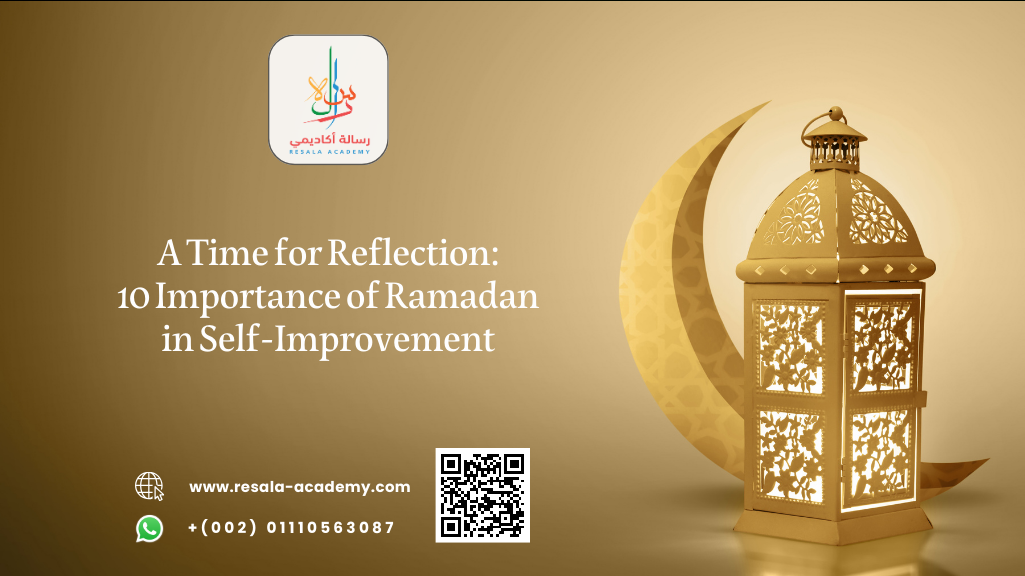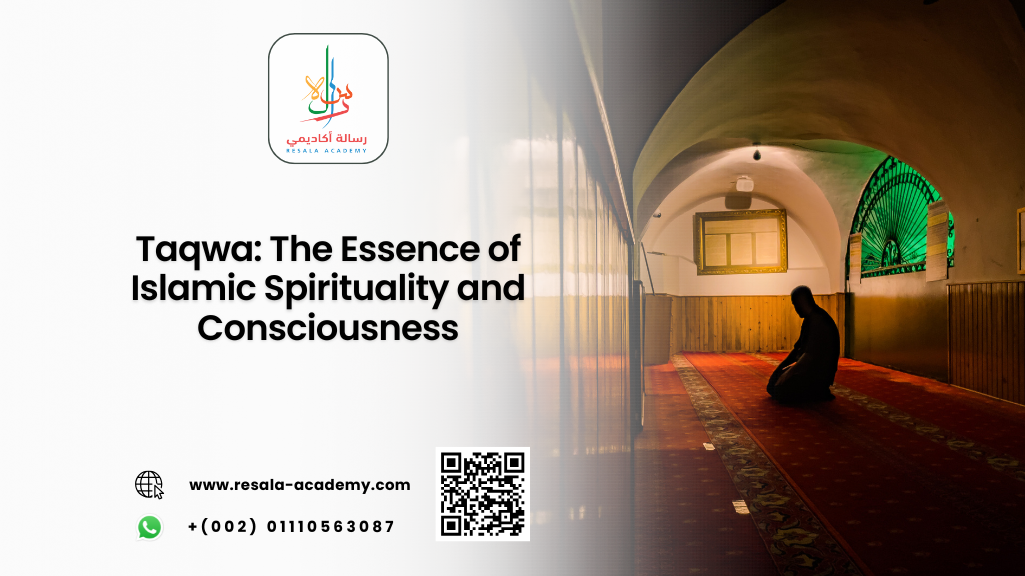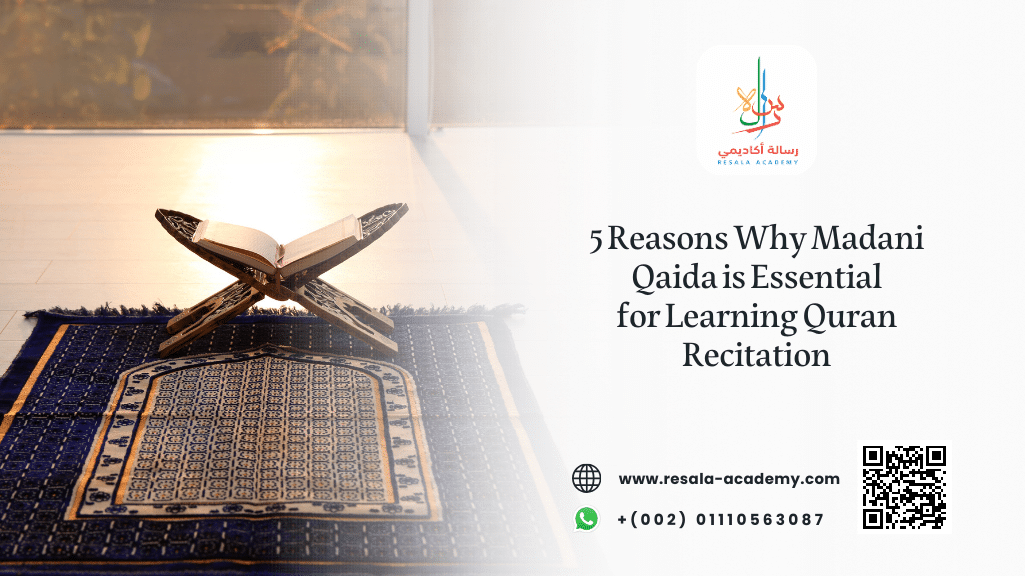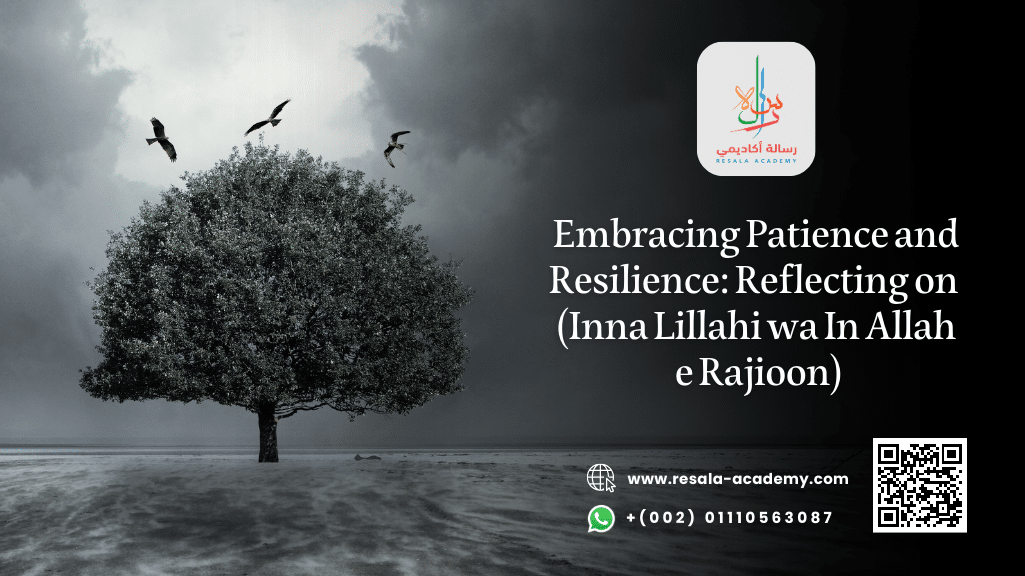Table of Contents
A Time for Reflection: 10 Importance of Ramadan in Self-Improvement
In this article, we will explore the profound 10 Importance of Ramadan can have on our lives. We will delve into the spiritual benefits of reflecting and praying during this auspicious month. We will also discuss how practicing gratitude through charity and giving can enrich our souls. Furthermore, we will uncover how strengthening family bonds through communal iftars (breaking fasts) and Taraweeh prayers can bring us closer together.
Welcome to our blog post on the significance of Ramadan in self-improvement! As the holy month approaches, Muslims around the world prepare themselves for a period of reflection, prayer, and fasting. But Ramadan is much more than just abstaining from food and drink during daylight hours. It is a time for deep introspection, spiritual growth, and personal development.
Additionally, we will shed light on the physical benefits of fasting as a means to detoxify both body and mind. We are excited to share with you information about an online Islamic studies course offered by Resala Academy that can enhance your understanding of Islam during Ramadan.
So let’s embark on this journey together as we explore 10 important ways in which Ramadan contributes to self-improvement. Get ready for a transformative experience!
What is Ramadan and its significance?
Ramadan is the ninth month of the Islamic lunar calendar and holds immense significance for Muslims worldwide. It is a time of heightened spirituality, devotion, and self-discipline. During this holy month, Muslims observe fasting from dawn until sunset as an act of worship and obedience to Allah.
The primary purpose of Ramadan is to purify one’s heart, mind, and soul. Fasting serves as a means to cultivate self-control, empathy, and gratitude. By restraining ourselves from food and drink during daylight hours, we gain a deeper appreciation for our blessings while developing compassion for those less fortunate.
Ramadan also encourages believers to engage in increased acts of worship such as praying extra prayers (Taraweeh), reciting the Quran more frequently, seeking forgiveness through repentance (Tawbah), and engaging in charitable activities. These practices help individuals strengthen their connection with Allah and seek spiritual growth.
Moreover, Ramadan fosters unity within the Muslim community by bringing families together for iftar meals – breaking fasts together – where bonds are strengthened over shared meals and conversations. Additionally, congregational Taraweeh prayers create an atmosphere of collective supplication that further strengthens communal ties.
Ramadan holds immense significance as it offers Muslims a unique opportunity for introspection, spiritual rejuvenation, and personal growth. Through fasting, daily prayer, and acts of charity, Ramadan becomes a transformative experience that allows individuals to deepen their faith, cultivate virtues, and foster strong relationships within their community.
The Spiritual Benefits of Reflecting and Praying during Ramadan
Ramadan is a time of spiritual reflection and increased devotion for Muslims around the world. It is a month-long period of fasting from dawn to sunset, during which believers abstain from food, drink, and other physical needs. This practice serves as a means to purify the soul and draw closer to Allah. Reflecting and praying during Ramadan offer numerous spiritual benefits that can greatly contribute to self-improvement.
1. Connection with Allah: The act of reflecting on one’s actions and seeking forgiveness allows individuals to strengthen their relationship with Allah. It provides an opportunity for deep introspection, repentance, and renewal of faith.
2. Increased mindfulness: Fasting promotes mindfulness by encouraging individuals to be conscious of their thoughts, words, and actions throughout the day. This heightened awareness helps in developing better control over emotions and strengthening willpower.
3. Self-discipline: By refraining from eating or drinking during daylight hours, individuals learn self-restraint and develop discipline in all aspects of life beyond Ramadan. This acquired discipline can lead to improved productivity in various areas such as work or studies.
4. Empathy towards others: Fasting teaches empathy as it enables individuals to experience hunger firsthand while also reminding them of those who are less fortunate. This creates a sense of compassion towards others’ struggles and motivates acts of charity during this holy month.
5. Inner peace: Engaging in regular prayers alongside reflection brings inner peace by providing a space for quiet contemplation away from worldly distractions. It allows individuals to find solace in their connection with Allah while fostering gratitude for His blessings.
During Ramadan, these spiritual benefits serve as catalysts for personal growth and self-improvement by nurturing qualities such as patience, kindness, humility, gratitude, forgiveness, and love for humanity among many others – qualities essential not only for the Holy Month but also beyond it.
10 Importance of Ramadan in Self-Improvement
Ramadan is a month of self-reflection, spiritual growth, and self-improvement. It is not just about abstaining from food and drink during daylight hours; it goes much deeper than that. This holy month provides us with an opportunity to focus on our inner selves and strive for personal development. Here are 10 important ways Ramadan contributes to our journey of self-improvement:
1. Increased Self-Discipline: Fasting teaches us discipline, as we learn to control our desires and impulses throughout the day.
2. Heightened Spirituality: Ramadan encourages us to intensify our worship by performing additional prayers, reciting the Quran more frequently, and reflecting upon its teachings.
3. Strengthened Willpower: Through fasting, we develop stronger willpower, enabling us to resist temptations in other aspects of life as well.
4. Enhanced Empathy: Hunger makes us understand the struggles faced by those who are less fortunate, fostering empathy towards others’ suffering.
5. Improved Time Management: With shorter working hours during Ramadan, we learn how to prioritize tasks efficiently and make the most of limited time.
6. Cultivation of Patience: By enduring hunger and thirst for long periods each day, we cultivate patience – a virtue that serves us well in all areas of life.
7. Practice Gratitude: As we experience temporary deprivation during fasting hours, we gain a greater appreciation for the blessings bestowed upon us throughout the year.
8. Reinforced Community Bonds: The act of breaking fast together (Iftar) fosters unity among family members and strengthens bonds within communities.
9. Reflection on Character Traits: Ramadan urges individuals to reflect on their behavior patterns and seek personal growth by eliminating negative traits such as anger or jealousy.
10. Increased Acts of Charity & Giving Back: During this auspicious month, Ramadan inspires generosity through acts like giving food or money to those in need – cultivating compassion within ourselves.
Cultivating Gratitude through Charity and Giving during Ramadan
During the holy month of Ramadan, Muslims are encouraged to cultivate gratitude through acts of charity and giving. This selfless act not only benefits those in need but also helps individuals develop a deeper appreciation for what they have been blessed with.
One way to cultivate gratitude during Ramadan is by participating in Zakat, one of the Five Pillars of Islam. Muslims are obligated to give a certain percentage of their wealth to help alleviate poverty within their communities. By doing so, individuals learn the importance of sharing their blessings with others and become more grateful for what they have.
Another way to practice gratitude during Ramadan is by engaging in Sadaqah, which refers to voluntary acts of giving that can be done throughout the year. Whether it’s donating money or volunteering time at a local charity organization, these acts remind individuals about the importance of helping those less fortunate and instill a sense of gratitude for their circumstances.
Ramadan also offers opportunities for communal giving through iftar meals. Many mosques and community centers organize iftar gatherings where people come together to break their fasts. Participating in such events allows individuals to experience the joy of providing food for others and reinforces feelings of thankfulness.
Practicing generosity during this sacred month extends beyond material donations. It involves showing kindness and compassion towards others through words and actions. Simply helping someone carry groceries or offering kind words can go a long way in cultivating gratitude within oneself as well as fostering stronger bonds within communities.
By embracing these practices during Ramadan, individuals not only benefit themselves spiritually but also contribute positively towards making society more compassionate and empathetic as a whole. This reminder to be grateful for what one has and to share with those in need is a powerful lesson that can be carried throughout the year, ultimately leading to a more grateful and fulfilling life.
Resala Academy Offers Online Islamic Studies Course
Resala Academy, a renowned institution for Islamic studies, is now offering an online course that caters to individuals seeking knowledge and spiritual growth during the holy month of Ramadan. With its team of qualified scholars and experts, Resala Academy provides a comprehensive curriculum designed to deepen understanding and strengthen faith.
In this online Islamic studies course, students will have the opportunity to explore various topics such as Quranic recitation, Tafsir (interpretation), Hadith (sayings of Prophet Muhammad), Fiqh (Islamic jurisprudence), and more. The courses are structured in an accessible format that allows learners to study at their own pace from the comfort of their homes.
The academy’s instructors bring years of experience and expertise in teaching Islamic sciences. They employ engaging teaching methods that encourage active participation and critical thinking. Through interactive discussions, live Q&A sessions, and multimedia resources, students can benefit from a dynamic learning environment that facilitates both intellectual growth and personal reflection.
One of the key advantages of enrolling in Resala Academy’s online Islamic studies course is the flexibility it offers. Students can access lectures and materials anytime throughout Ramadan based on their availability. This makes it convenient for those with busy schedules or limited access to traditional classroom settings.
By taking advantage of this unique opportunity provided by Resala Academy during Ramadan, individuals can enhance their understanding of Islam while simultaneously improving themselves spiritually. Whether you are a beginner or someone looking to deepen your knowledge further, this online course offers valuable insights into various aspects of Islam through expert guidance – all within the sacred context of Ramadan.
FAQs
1. Can children and elderly people participate in fasting during Ramadan?
Yes, while fasting is obligatory for adults, children are encouraged to start practicing fasting gradually as they reach puberty. Elderly individuals or those with health conditions that prevent them from fasting can make up for missed fasts by providing food for the needy.
2. Is it permissible to take medication or use inhalers during fasting?
Yes, taking necessary medications does not invalidate the fast. However, it is best to consult with a knowledgeable religious scholar regarding specific medical situations.
3. What should one do if they accidentally eat or drink something while fasting?
If someone unintentionally breaks their fast by eating or drinking, they should immediately stop consuming and continue their fast for the remainder of the day. They can then make up for this missed fast at a later date.
4. Are there any exceptions where individuals are exempted from fasting?
Yes, pregnant women, breastfeeding mothers, menstruating women, travelers on long journeys, and those with chronic illnesses may be exempted from fasting temporarily. It is important to consult with a healthcare professional or Islamic scholar in such cases.
Conclusion
Ramadan is a sacred month that holds immense importance in self-improvement and spiritual growth. It offers a unique opportunity for reflection, prayer, and personal development. By observing the fasts, engaging in acts of charity and kindness, strengthening family bonds, and detoxifying our bodies and minds through fasting, we can experience profound positive changes within ourselves.
Through the practice of gratitude during Ramadan, we learn to appreciate the blessings bestowed upon us while developing empathy for those less fortunate. This fosters a sense of compassion and generosity that extends beyond the holy month.
Furthermore, Ramadan provides an ideal setting for strengthening family ties through shared iftar meals and Taraweeh prayers. These moments create opportunities for bonding with loved ones on a deeper level and nurturing relationships built on love, understanding, and support.
By abstaining from food and drink from sunrise to sunset during Ramadan’s fasting hours, we undergo physical detoxification which leads to mental clarity as well. Fasting helps us develop discipline, self-control, and patience while purifying both our bodies and minds.
For those looking to deepen their knowledge about Islam during this holy month or at any time throughout the year, Resala Academy offers online Islamic studies courses that cover various aspects of faith including Quranic studies, Tafsir (interpretation), Hadith (sayings of Prophet Muhammad), Fiqh (Islamic jurisprudence), and more.
In conclusion, Ramadan is a time for reflection, self-improvement, and spiritual growth. It offers numerous opportunities to develop virtues such as gratitude, empathy, patience, and discipline. By engaging in acts of worship and charity, strengthening family ties, and detoxifying our bodies and minds through fasting, we can experience profound positive changes within ourselves.
With the guidance of Resala Academy’s online Islamic studies course, individuals can deepen their understanding of Islam and enrich their spiritual journey during this holy month. Let us all embrace the teachings of Ramadan and strive towards becoming better versions of ourselves.




